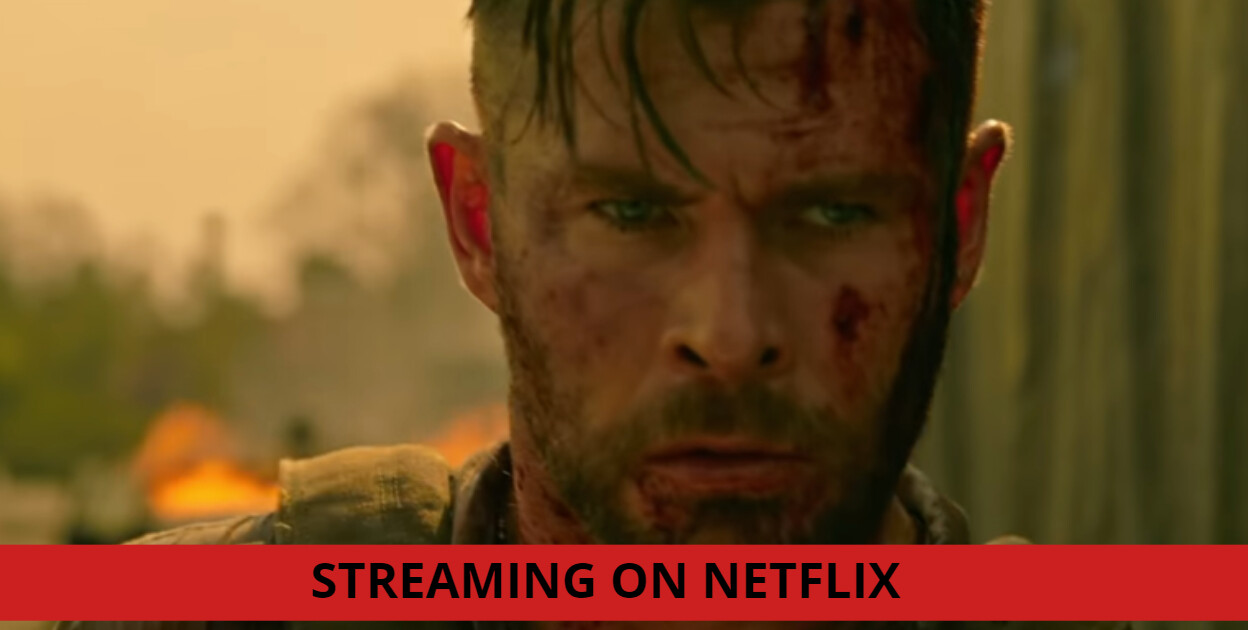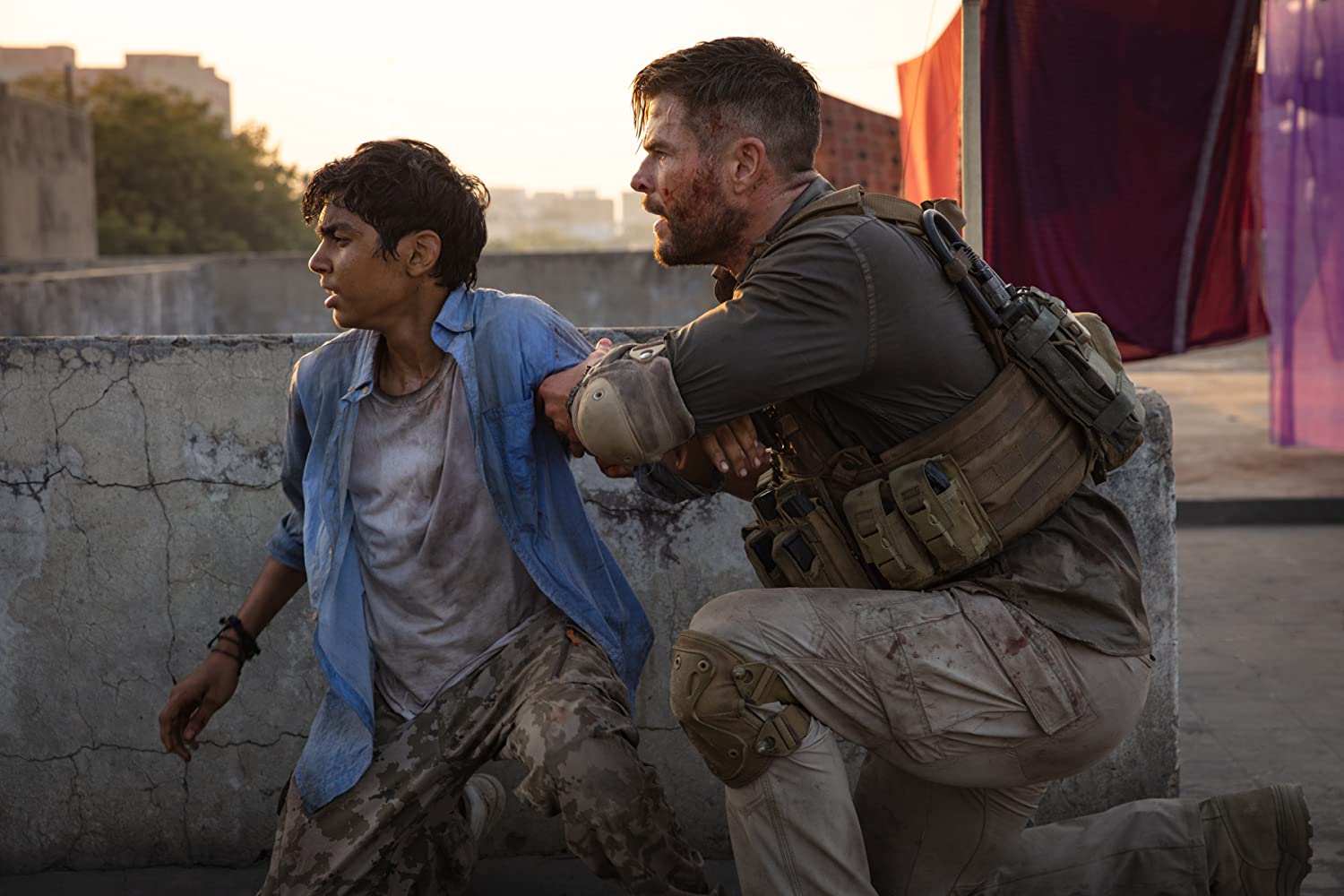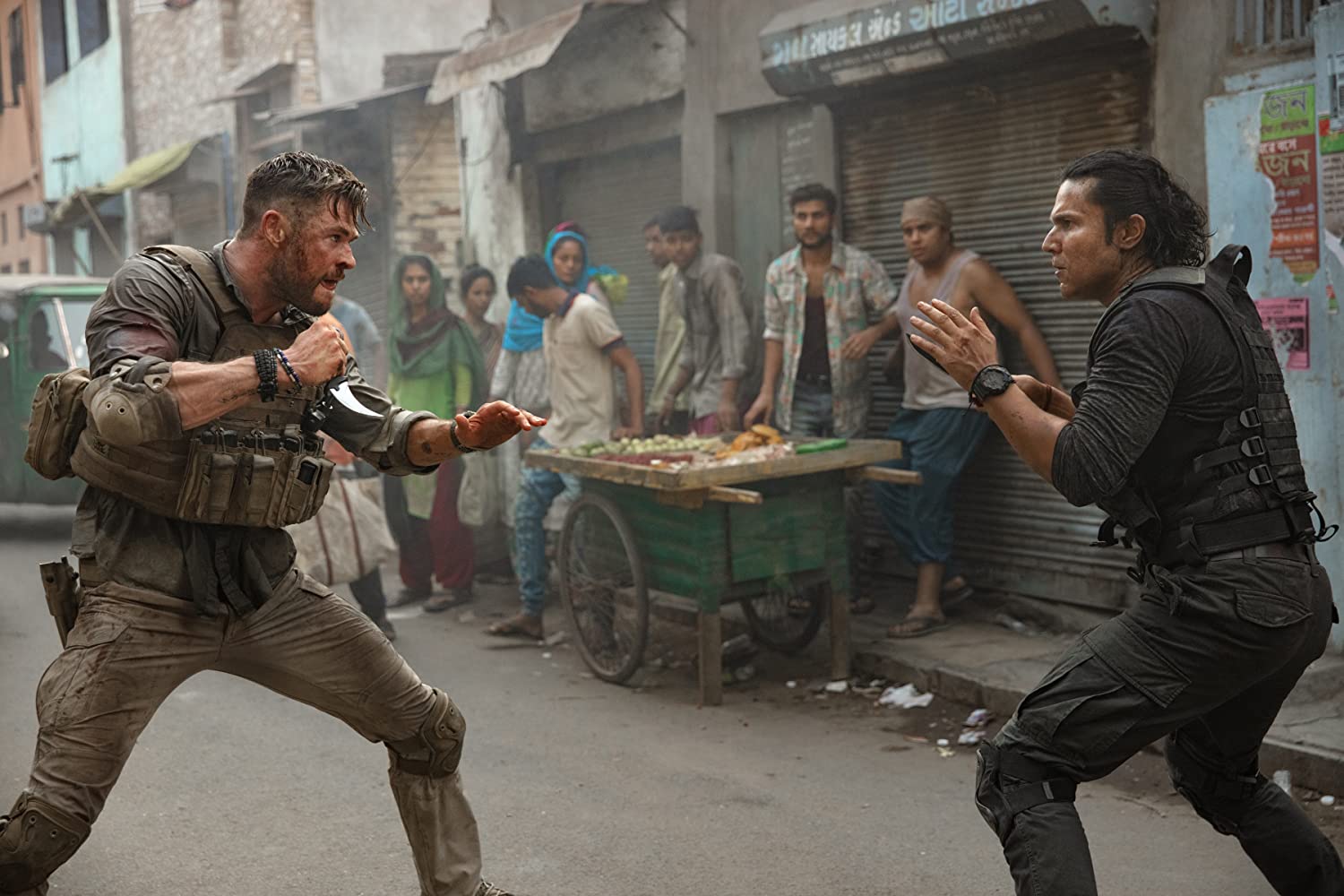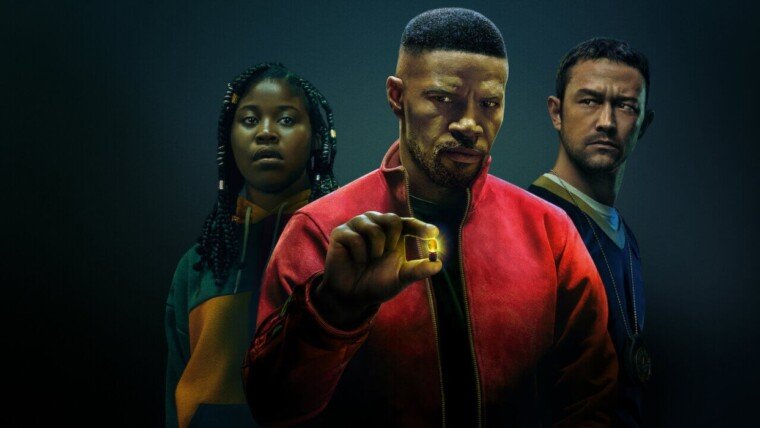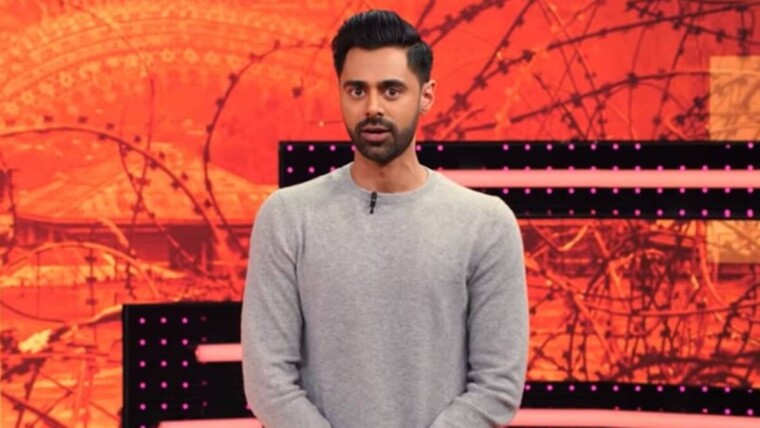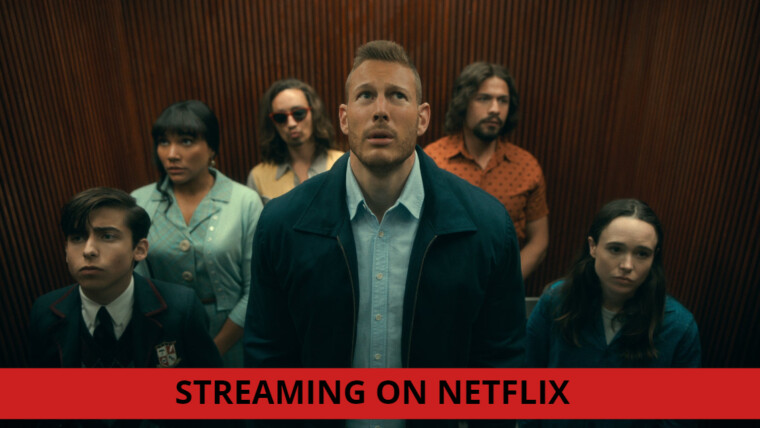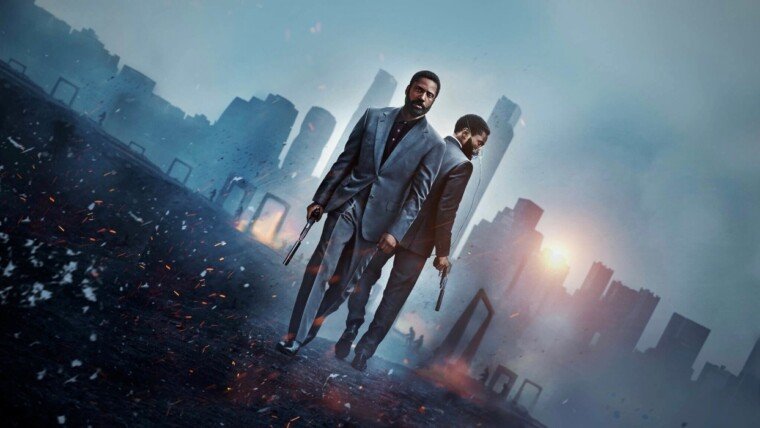10 minutes into Netflix’s Extraction, I came to a realisation that this is a film about a sexy white man, Tyler Rake (Chris Hemsworth) who enters brown people’s land to save an innocent brown boy from evil brown people. I rolled my eyes and wondered, “aren’t we all tired of white saviour movies?” When I Tweeted my quick thoughts on the film last week, someone responded with “Hey, it’s a fun movie, it’s not supposed to be political. You know, movies are allowed to be just that… a movie ya bootlicker.”
The problem with this argument is that film (and art) is inherently political, otherwise, they’re just colourful products that make noise. Films perpetuate and shatter stereotypes, they carry with them ideologies, they paint a picture of the society we are, the society we were or the society we’re striving to be. Rocky IV isn’t just a boxing film, it was a cultural weapon during the Cold War. Rocky’s opponent could’ve been anyone — it could’ve been Robert White from Miami — but it wasn’t, was it? It was the villainous Russian, Ivan Drago, and the film was about the unbending American spirit of liberal democracy. Even Michael Bay’s Transformers is political. Filming Megan Fox running, boobs bouncing in slow-motion is politics (male gaze). The X-Men comics were conceptualised with the idea of oppression of the minorities in mind — people who are considered different and lesser than. Politics is part of the arts’ DNA.
Many years ago, controversial writer and poet, Rudyard Kipling said that colonialism was important for everyone — the conqueror and more importantly, the conquered. Without the colonizers (AKA white people), the colonized had no hope of survival. And throughout the years, Hollywood has repeatedly reinforced this idea. Extraction is no different. I’m not saying this is intentionally done by writer Joe Russo (co-director of Avengers: Endgame) or director Sam Hargrave (stunt coordinator of many MCU movies). They probably just wanted to cast their buddy, who also has big-time MCU star power and reach even in India. But I’m just tired of watching white people save brown people. Why do we need Thor when The Mighty Rajinikanth is much closer by?
But the problems with Extraction go beyond its optics and politics. The film itself is kind of a drab, and this is coming from someone who loves well choreographed and staged, unhinged, brutal and bloody violence. (By the way, I did not skip the part of the review where I’m supposed to tell you the plot. The first couple of sentences of the article wasn’t exaggerated humour — it’s the premise). Every single action sequence here is exceptionally captured and wonderful to look at. There’s a fantastic 12-minute simulated one-take that starts with a car chase, transitions to a ruthless street battle with guns and knives and ends with a giant explosion, that’s a clinic on how to shoot an action scene. But beyond that, there’s nothing to shout about.
The reason why Indonesia’s The Raid: Redemption worked so well was not just because of how incredibly superb each action sequence is staged and how flawlessly it was captured on camera, but because of director Gareth Evans’ ability to tell mini-stories within each of these action blocks. Stories that are filled with thrills, tension and drama, and contributes to the escalation of the film’s overall conflict. An action film, just like any other film should make you feel something. The Raid has characters that are thinner than the paper-thin ones in Extraction, but all throughout my heart pounded as if I was chased by a pack of rabid dogs after smoking a pack of cigarettes (in case my parents are reading this, that was an analogy, not something that happened in real life). By the end of it, I was exhausted. But I slapped myself across my face, drank a cup of coffee — quadruple shot mixed with Red Bull — and watched it all over again, because that sh*t was f*cking awesome. Here, the action sequences are only pleasant on the eyes, never reaching into your soul.
Some character depth would’ve made a world of difference. But we don’t get any beyond one-liners. Tyler Rake (Chris Hemsworth) is a suicidal badass because of past traumas that he faced (we’re never told what those traumas are, though we can sort of guess that someone close to him died). Everyone else is a punching bag. The attempts to make the film more interesting fall flat. There’s an entire subplot where Saju (the talented Randeep Hooda) and Tyler Rake are at odds with one another despite being on the same side, except they don’t know they’re on the same side, although everyone else on the planet does. At one point, Tyler Rake smashes his car into Saju and I’m like, “bruh, didn’t you see him firing at the bad guys like 0.2 seconds ago?” It feels convoluted for no reason at all.
In one of the early scenes, one of the characters tells Tyler that “it’s the biggest drug lord in India taking on the biggest drug lord in Bangladesh.” Tyler replies “Sounds like some mythic shit.” Except there’s nothing fantastical about the characters and the world in which this film is set in at all. Apart from some of these gangsters wearing colourful suits in the ridiculous heat, this world has no “lore.” It just looks like the regular crowded and dusty streets of India. Mythic shit would be what we see in John Wick, where there’s an entire secret society of assassins who trade in pirate doubloons and have hotels that are considered neutral territory. In Extraction, Tyler saying “mythic shit” is the equivalent to a white teenager with a surfer bro slang “Bruhh, that sounds like some exotic shit” when invited to a Bharatanatyam performance. Just shut up.

